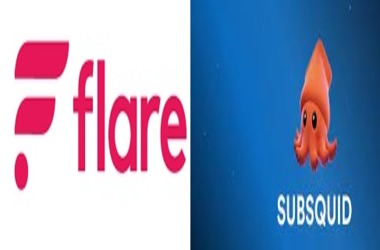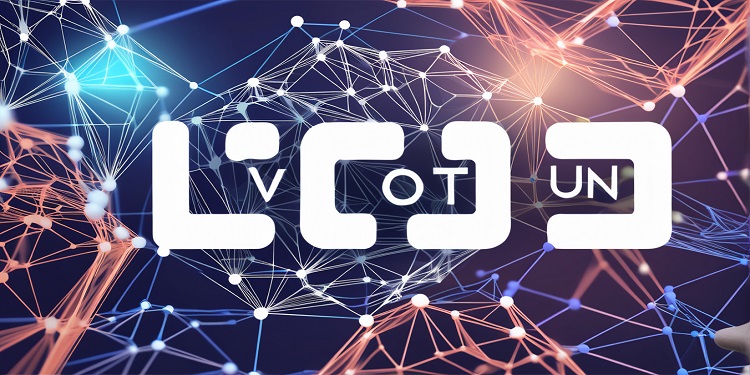 In a recent announcement originating from Dubai, Flare, the blockchain platform tailored for data, unveiled its integration with Subsquid, a global network renowned for providing swift and decentralized data access to developers. This integration marks a significant step towards granting developers access to historical blockchain data via the Subsquid network. The partnership underlines a shared commitment to nurturing an open-source blockchain ecosystem.
In a recent announcement originating from Dubai, Flare, the blockchain platform tailored for data, unveiled its integration with Subsquid, a global network renowned for providing swift and decentralized data access to developers. This integration marks a significant step towards granting developers access to historical blockchain data via the Subsquid network. The partnership underlines a shared commitment to nurturing an open-source blockchain ecosystem.
Empowering Developers with Historical Data
Subsquid, recognized as a comprehensive blockchain indexing solution, encompasses various features, including an open-source software development kit (SDK), specialized data lakes for on-chain data, and a hosted service. Developers working on decentralized applications can leverage these resources to tap into the historical data of the Flare blockchain. Subsquid’s distributed data lake facilitates this access.
The Subsquid data lake serves as a repository for both structured and unstructured data, currently accommodating data from 5,000 projects and processing an impressive 30 billion requests. The ultimate objective is to craft the most extensive decentralized data lake within the Web3 ecosystem. Notably, the Subsquid SDK boasts a highly customizable ETL (Extract, Transform, Load) query stack, a valuable tool for indexing events, transactions, and traces on the blockchain. Developers can harness this SDK to construct tailored data pipelines and application programming interfaces (APIs) to retrieve information from the blockchain. Furthermore, the SDK streamlines external API calls, enabling developers to aggregate data from Flare APIs with ease.
Praise for Subsquid’s Open-Source Approach
Flare’s Co-Founder and CEO, Hugo Philion, commended Subsquid’s dedication to an open-source philosophy and their rapid development of the indexing system. He emphasized their commitment to providing developers with top-tier tools for their projects, which aligns with Flare’s vision of supporting innovation within the blockchain industry.
Shared Enthusiasm for Collaboration
Both Flare and Subsquid are enthusiastic about their collaboration and the opportunities it presents. A representative from Subsquid expressed their excitement in welcoming Flare into their decentralized data lake as a valuable data provider within the ecosystem. This integration allows developers to swiftly and permissionlessly access data from the network without the need for an archive node. The representative also hinted at the possibility of joint efforts on various developer engagement initiatives in the near future.
Flare: The Blockchain for Data
Flare, often dubbed as the “blockchain for data,” operates as an intelligent contract platform compatible with the Ethereum Virtual Machine (EVM). It distinguishes itself by embedding decentralized oracles into its network structure, facilitating trustless access to a diverse range of data at scale and at a minimal cost. This makes Flare a critical utility layer within the blockchain industry, fostering the development of innovative use cases that harness the power of data.
Subsquid: Enabling Data Accessibility
Subsquid stands as a comprehensive full-stack blockchain indexing solution that encompasses various elements, including an open-source SDK, specialized data lakes for on-chain data (known as Archives), and a hosted service named Aquarium. Subsquid adeptly addresses the challenge of data access in diverse online and analytical use cases, serving as a beacon in the domain of blockchain data accessibility.
Conclusion
The partnership between Flare and Subsquid signals a significant stride towards creating a more accessible and open-source blockchain ecosystem. Developers are poised to benefit from the historical data made available through Subsquid’s extensive capabilities. Flare’s unique position as a blockchain tailored for data, combined with Subsquid’s commitment to decentralization and open-source principles, sets the stage for an era of innovation and growth in the blockchain industry. The collaboration between these two entities is expected to yield valuable tools and resources for developers while fostering the development of groundbreaking use cases.








